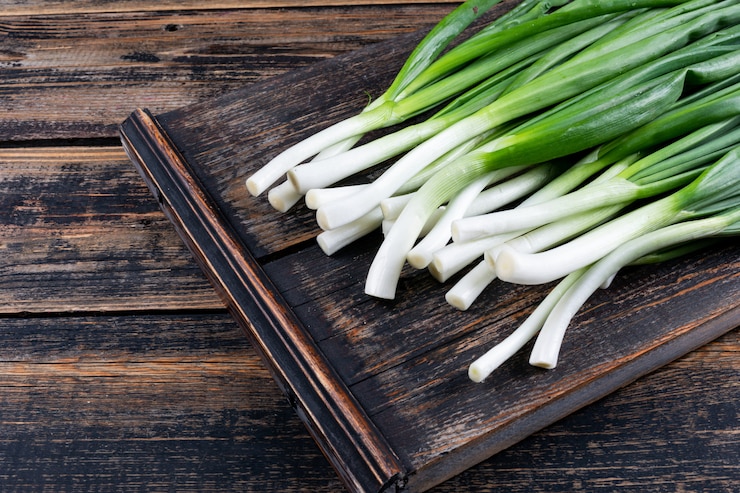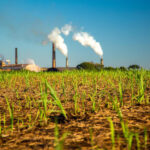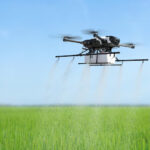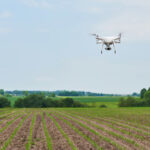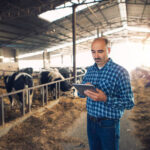When growing chives in South Africa, there are several infections and diseases that you should watch out for. Here are a few common ones:
- Downy Mildew:
Downy mildew is a fungal disease that affects chives and other Allium species. It typically appears as yellowish patches on the leaves, which eventually turn brown. To prevent downy mildew, ensure good air circulation around the plants, avoid overhead watering, and remove any infected plant material. - White Rot:
White rot is a soil-borne fungal disease that affects Allium plants, including chives. It causes the roots and bulbs to rot, resulting in stunted growth and eventual death of the plant. To prevent white rot, practice crop rotation, avoid planting chives in the same location for several years, and ensure well-draining soil. - Rust:
Rust is a fungal disease that appears as orange or reddish-brown pustules on the leaves of chives. It can weaken the plant and reduce its overall health. To manage rust, remove and destroy infected leaves, avoid overhead watering, and improve air circulation around the plants. - Onion Thrips:
Thrips are tiny insects that can infest chives and cause damage by sucking sap from the leaves. They leave behind silver or brownish scars on the foliage. Regularly inspect your plants for thrips, and if an infestation occurs, consider using insecticidal soap or neem oil to control them. - Aphids:
Aphids are another common pest that can affect chives. They are small, soft-bodied insects that cluster on the undersides of leaves and suck plant sap. This can cause stunted growth and distortion of the foliage. Use insecticidal soap, neem oil, or introduce natural predators like ladybugs to control aphids.
Remember, prevention is key in managing infections and diseases. Maintain good gardening practices such as providing proper sunlight, adequate watering, and well-draining soil. Regularly inspect your plants for any signs of disease or pest infestations, and take prompt action to address the issues to ensure the health and productivity of your chives

